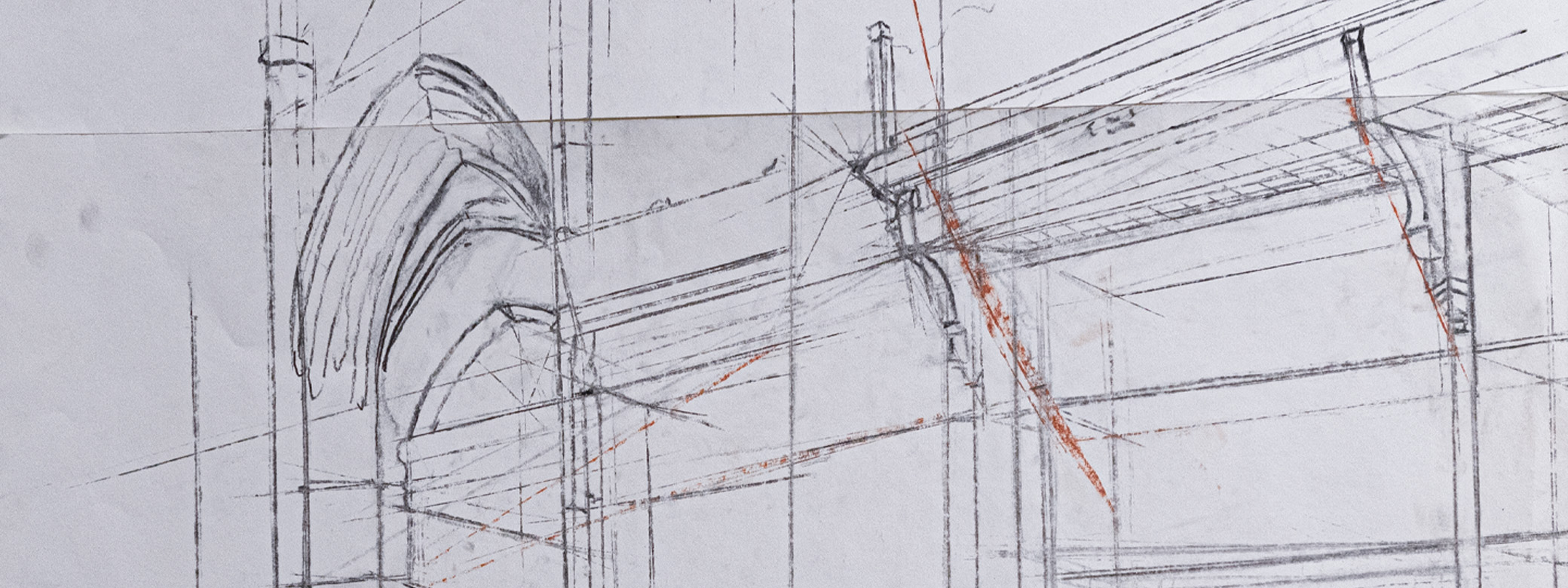From the publisher's website:
This book takes the extraordinary art of the Tuscan sculptor Francesco Mochi (1580-1654) as the entry point for an inquiry into the historical and cultural forces reshaping sculpture at the beginning of the seventeenth century. Mochi has long been understood as an early innovator of the “baroque” style whose career was eclipsed by the rise of his younger contemporary Gianlorenzo Bernini. But for his sole seventeenth-century biographer, what distinguished Mochi’s sculpture was his determination to adhere to “the Florentine manner.” This study argues that the post-Tridentine religious climate and the demands of consolidating absolutist regimes posed specific challenges for sculpture, particularly as the medium had been assertively developed during the first half of the sixteenth century by Florentine sculptors, most famously Michelangelo. As analyzed here, Mochi’s highly distinctive sculptural style stemmed directly from his attempt to carry forward a Florentine and Michelangelesque tradition of sculpture—above all its commitments to the representation of the body, the materiality of sculpture, and the agency of the artist—and to reconcile that tradition with imperatives of his own day. Mochi’s ambitious undertaking produced an extreme tension in his art that resulted in some of the century’s most breathtaking sculptures, though ultimately fracturing his career. The book offers wholly new interpretations of Mochi’s monumental works and a new, historically engaged account of the origins of “baroque” sculpture and the rise to dominance of Bernini’s mature sculptural style. The volume is enriched by specially commissioned color photographs of Mochi’s sculptures.
